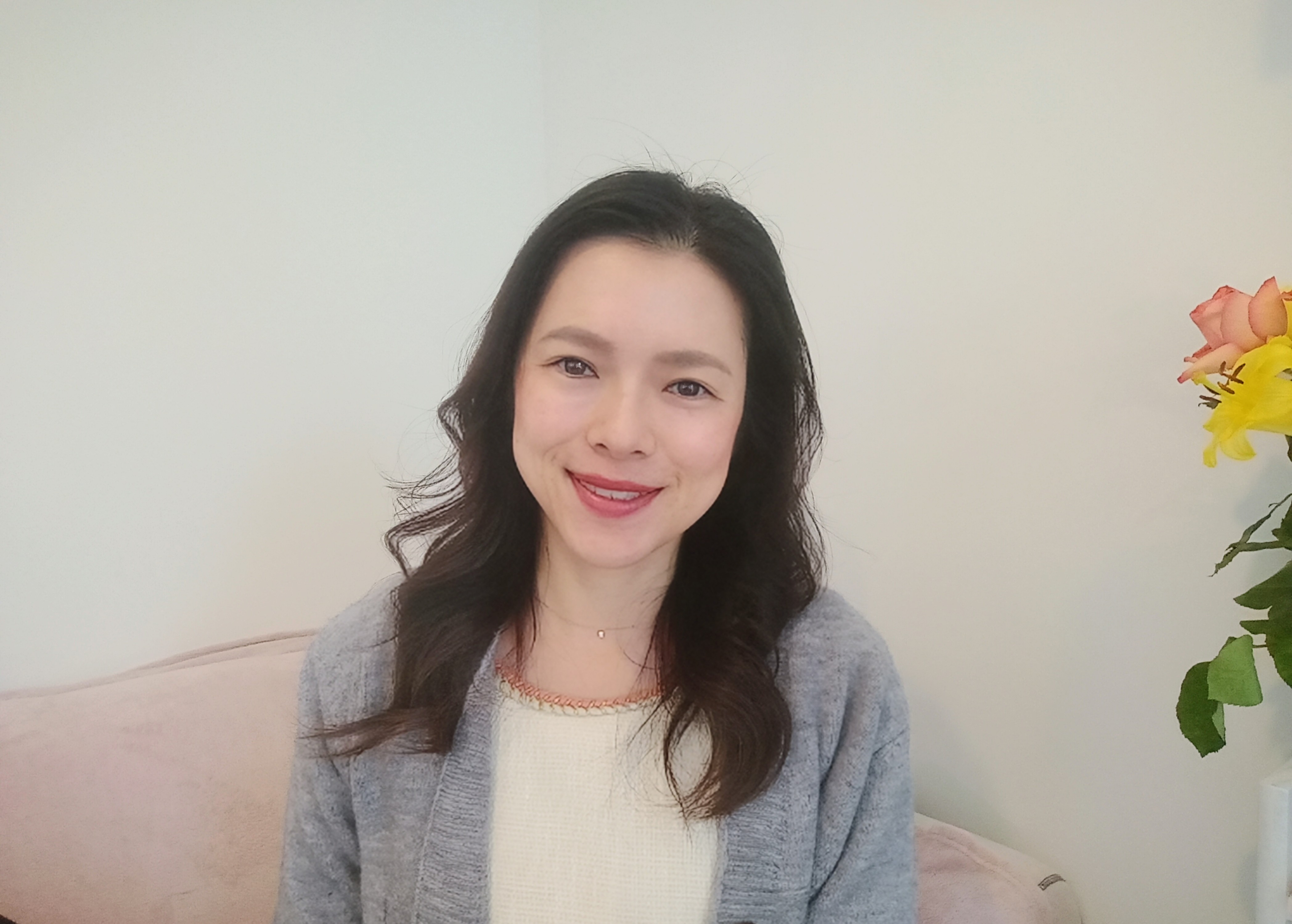 Nanase Shirota is a sociologist/social anthropologist, focusing on communication (particularly listening), work, gender, and migration in contemporary Japan, with a specific current focus on transnational Japanese hostesses. She is also methodologically interested in ethnography, interviews, and oral history. Dr Shirota earned her PhD from the University of Cambridge, and holds an MA from Keio University, studying Arabic and Islamic studies, and a second MA in Sociology from the University of Glasgow.
Nanase Shirota is a sociologist/social anthropologist, focusing on communication (particularly listening), work, gender, and migration in contemporary Japan, with a specific current focus on transnational Japanese hostesses. She is also methodologically interested in ethnography, interviews, and oral history. Dr Shirota earned her PhD from the University of Cambridge, and holds an MA from Keio University, studying Arabic and Islamic studies, and a second MA in Sociology from the University of Glasgow.
Research interests:
Communication (particularly listening), work, gender, migration, oral history
Publications:
Peer-review journals
(Forthcoming) Precarious stepping stones: Transnational Japanese Hostesses in London and their labour, career and gendered migration. Contemporary Japan.
(2025) Precarious migration and career aspiration of transnational Japanese hostesses: regional differences in personal motivations and structural factors. Special issue on ‘Transnational Change in Contemporary Japan’ in International Japanese Studies 国際日本学 No.22.
(2023) Volunteers’ listening as a ‘non-free gift’: An ethnography of Active Listening Volunteering in Japan. Asian Anthropology (4).
(2021) Nagara listening: Japanese Listeners’ Behavior in Multi-Activity Settings. International Journal of Listening. 37(1), 62–75.
Book chapter and other academic articles
(2021) Ginza no hosutesu wa kiki-jōzu? [Are hostesses in Ginza good listeners?] Honjo International Scholarship Foundation Annual Bulletin. Vol.7, pp.7–8, pp.25–26. (English and Japanese)
(2020) The Japanese Art of Listening: An ethnographic investigation into the role of the listener’. Japanese Anthropology Workshop, (Online Publication)
(2018) Yoki kikite tachi no tsukuru seishinteki sēfutī-netto: Gendai Nihon ni okeru kikitetachi no jissen ni kiku.[The safety net created by ‘good listener’: Listening to the voices of listeners in modern-say Japan.] Honjo International Scholarship Foundation 20th Anniversary International Symposium Papers.
Christopher Tso and Nanase Shirota (2017) How to Become a Beautiful and Attentive Businessman: Constructing New Masculinities in Japanese Self-Help Literature, in Brigitte Steger and Angelika Koch (eds.) Cool Japanese Men: Studying New Masculinities at Cambridge. Zurich: Lit. pp.85–128.
Publications for general audiences
(6/2025) Rondon no nihonjin hostesu [Japanese Hostesses in London] (Essay of the month) Bungakkai.
Yoshie Sakata, Brigitte Steger and Nanase Shirota (2022) Nah? Ee hanashi yaroh?: Sakata Yoshie ga kataru, kamisuki-uta/sakazukuri-uta no sekai [Good stories, right!? : Yoshie Sakata’s lifestory and the world of paper-making songs and sake brewing songs] (Manuscript completed)
Tokyo Foundation and NPO Kyōzon no mori network (2012) Hisaichi no Kikikaki 101 [The oral history of the disaster-stricken area of East Japan Tsunami 101.] pp.16–22, pp.236–242, pp.243–249, pp.569–576, pp.577–583. (I wrote five life stories).
Nanase Shirota and Nahoko Yoshino (2012) Listening and Documenting ‘Kikikaki’: A Tool for Sharing Wisdom for Sustainable Societies. Secretariat of the International Partnership for the Satoyama Initiative United Nations University Institute of Advanced Studies (UNU-IAS) in cooperation with the NPO Kyōzon no mori Network and the Ministry of the Environment, Government of Japan. (Japanese and English)
(2002) Naraken kawakamimura, Sugi no tanetori 50 nen, Sugimoto Mitsuru san [Mr. Sugimoto Mitsuru, collecting cedar’s seeds for 50 years in the Kawakami village, Nara prefecture.] in Morino ‘kikikaki kōshien’ jikkō iinkai jimukyoku (ed.) (2006) Mori no Meijin Monogatari [Forest virtuoso story.] ASAHI ECO BOOK pp.26–38.
Hitonomori project (2004) Mori no hito, hito no mori [People of the forest, forest of people.] Wedge. pp.86–107, pp.140–165.
